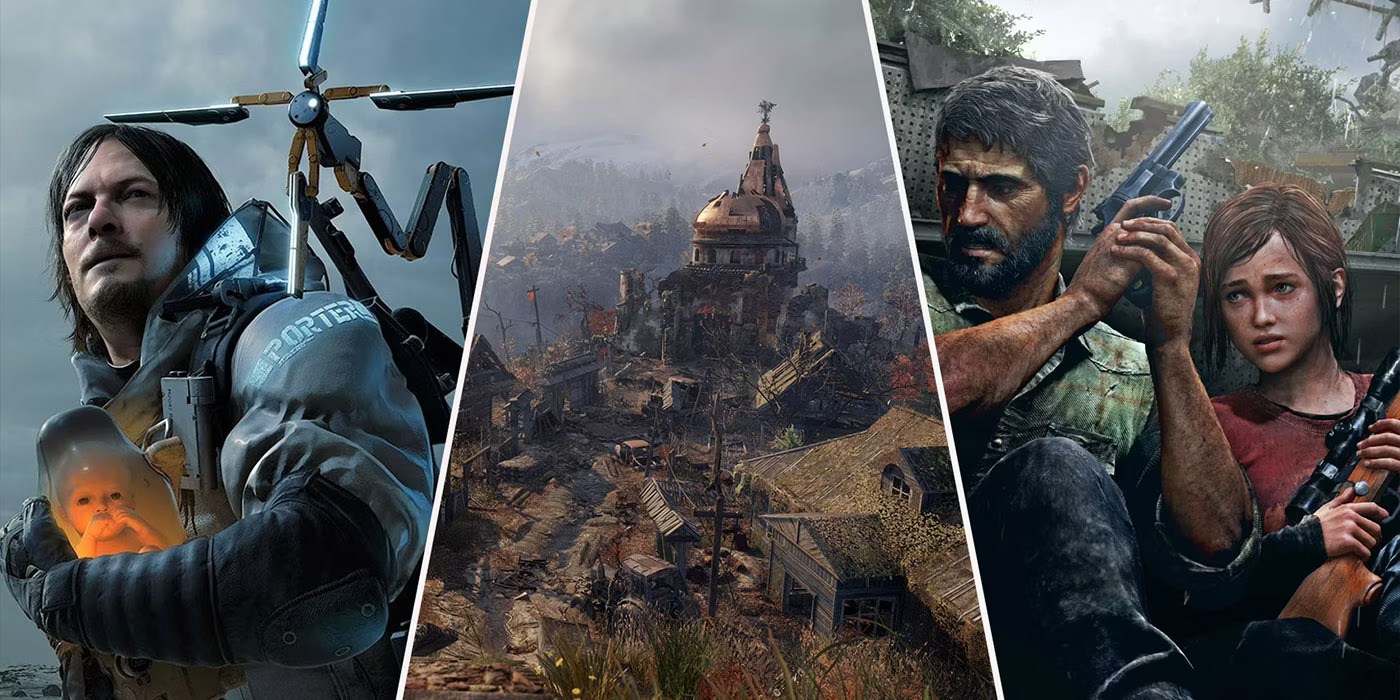There have been plenty of horror games released for consoles and PC year after year since decades ago with various degrees of success. In 1989, Capcom developed and released for NES the horror role-playing game Sweet Home, which eventually inspired and carved the path to one of the world’s best game series ever Resident Evil. Capcom described it as a survival horror; no one else at that time had used the term to describe any game before. Over the course of 27 years, starting with the release of the original Resident Evil in 1996, the series remains a dominating force in the genre. Here is a closer look at the Resident Evil Games in Order!
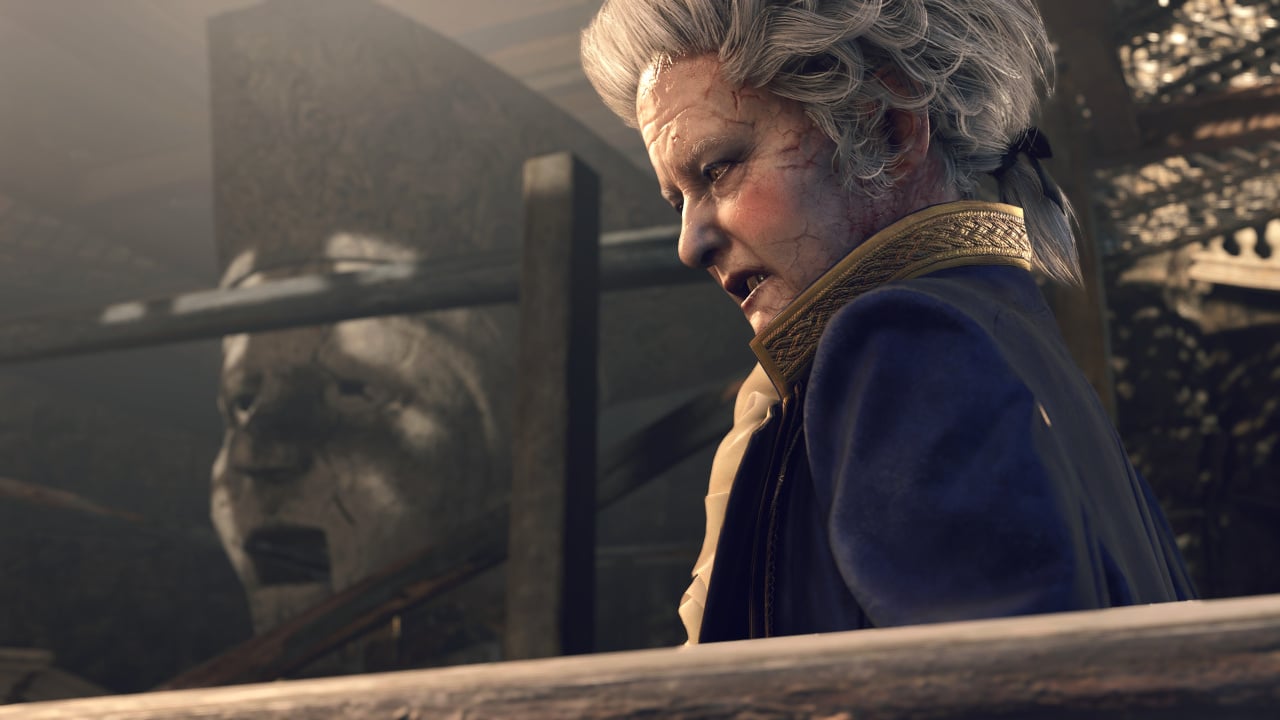
Capcom has added quite a number of titles to the series since then; as of 2023, there are 12 games in the series’ core storyline including RE 0 – RE 7, Village, Code Veronica, and two Revelations. If you count each remake as a different release and all the spinoffs, you get around 30 RE games excluding the pachinko, mobile, light gun, and Wii shooter versions. Just in case you want to play chronologically—instead of using the release dates as your guidelines—here is a list of all major Resident Evil games in order.
Resident Evil Zero

The story begins with the aptly titled Resident Evil Zero, which is the fifth installment in the series, released in 2002. A former marine Billy Coen and a S.T.A.R.S. (Special Tactics and Rescue Service) medical officer Rebecca Chambers come across a train filled with zombies near the Spencer Mansion. The two discover information about William Birkin and Albert Wesker, two of the most important villain characters in the series. Resident Evil 0 unveils some important revelations related to Umbrella Corporation and the origins of T-Virus as well.
Resident Evil
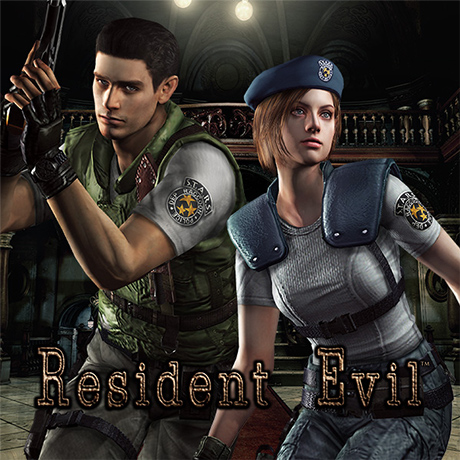
Coming to PlayStation in 1996, the first Resident Evil introduces players to S.T.A.R.S. agents Jill Valentine and Chris Redfield. There have been murders in the woodlands just outside Raccoon City. A series of events lead Jill and Chris to the Spencer Mansion in which they encounter undead victims of the T-Virus. Like the prequel title, the game gives more profound insight into Umbrella Corporation and its experimentation with biological weapons. Resident Evil has been remade and remastered in HD to improve gameplay. The newer version also expands the story.
Resident Evil 2

Two new protagonists, Claire Redfield and Leon Kennedy, appear for the first time in Resident Evil 2. Claire is looking for his brother Chris, whereas Leon is a rookie officer with the Raccoon City police. Each has a separate yet connected story. A powerful enemy known only as Mr X and the ever-mysterious spy Ada Wong make their debut appearances here, too. The series’ second entry uncovers more details about William Birkin along with his work on the G-Virus, which is an even more deadly biological weapon than the T-Virus.
Resident Evil 3: Nemesis

In a rather strange but exciting way, the story of Resident Evil 3 is divided into two parts; one which happens before the events of the previous game and another that occurs after. Ideally, you should play the first half of Nemesis, switch to Resident Evil 2, and continue with the second half. If that sounds like a cumbersome approach, thankfully you can just play RE 2 and RE 3 in that exact order without ruining the narrative. In the series’ third installment, Jill Valentine runs for her life while escaping/killing zombies before the U.S. government launches a nuclear strike on Raccoon City.
Resident Evil – Code: Veronica

Just a few months after the destruction of Raccoon City, Claire continues searching for Chris. Her adventure leads to an Umbrella facility in France and another further away in Antarctica. Chris is at the same time also looking for his sister. They finally are reunited and come face to face with Albert Wesker. Chris’ encounter with Wesker helps establish a direct connection between Code: Veronica and the 1996’s original.
Resident Evil 4

Following Leon’s unlikely escape from the nuclear missile strike to Raccoon City, he joins the US Strategic Command before moving to an anti-bioterrorism organization called the Division of Security Operations. He is now in a rural village in Spain on a mission to investigate the disappearance of the President’s daughter Ashely Graham and bring her home. Characters from previous games also appear in Resident Evil 4, including Albert Wesker and Ada Wong.
Resident Evil Revelations

Chris Redfield and Jill Valentine are no longer members of S.T.A.R.S. They are now agents of the BSAA (Bioterrorism Security Assessment Alliance). It is another zombie outbreak, but this time the case happens in the Mediterranean and is caused by a new bioweapon variant called the T-Abyss. Most of the actions take place on the cruise liner Queen Zenobia, which turns out to be a secret research facility developing the virus.
Resident Evil 5

Unlike the previous entries, Resident Evil 5 allows multiplayer campaigns in cooperative mode: one player controls BSAA agent Chris Redfield and another brings her new partner Sheva Alomar to life. They are on a mission in West Africa to stop black-market activities using bioweapons as a commodity. Arriving at Kijuju, they learn that the locals have been infected with mind-controlling parasites far more aggressive than those depicted in RE 4. Besides carrying out the mission as a BSAA, Chris is still determined to find the whereabouts of his former partner Jill Valentine.
Resident Evil Revelations 2
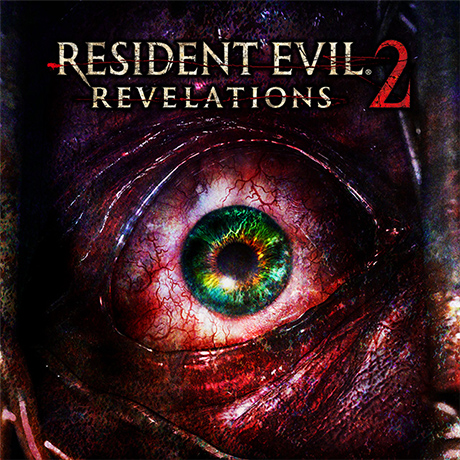
Claire takes center stage again after her time in Code: Veronica. For the first time, Barry Burton, a former S.T.A.R.S. and currently a BSAA agent, is a playable character. Revelations 2 is divided into four episodes – each episode is split into two parts, moving back and forth between the past and the present. The flashback sequence follows the exploits of Claire and Moira, whereas the present day chronicles Barry’s journey to find them.
Resident Evil 6
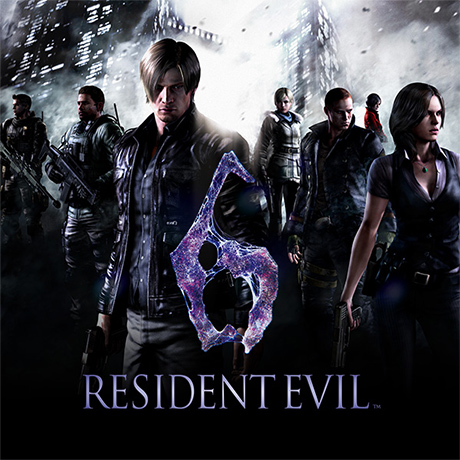
If you think Resident Evil 5 is a bit convoluted with Wesker’s evil plot, Chris’ side mission to find Jill, the new character Alomar, and the underwhelming co-op mode, it is nothing compared to Resident Evil 6. Four+ campaigns are stitched together to build a narrative about the struggle to stop an incarnation of the sinister Umbrella Corporation and yet another variant of a weaponized virus. Each campaign features its own hero including Chris Redfield, Leon Kennedy, Ada Wong, and Wesker’s son Jake Muller.
Resident Evil 7: Biohazard
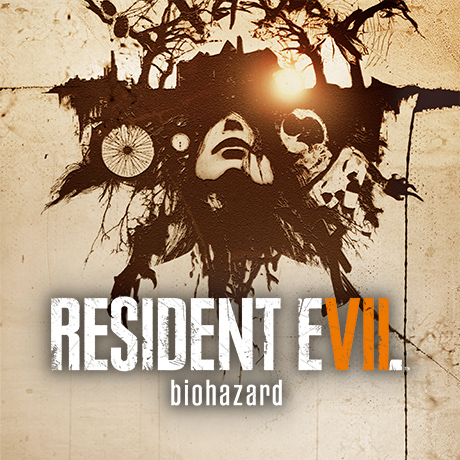
Almost a complete reinvention of the series, Capcom does away with most of the familiar faces from the previous entries—except for the bits where Chris Redfield comes to the rescue. Events in Resident Evil 7 happen mostly in rural Louisiana at the Baker family residence. The main protagonist, Ethan Winters, stumbles upon the house when looking for his missing wife Mia. Little does he know the Bakers are just as undead as the zombies.
Resident Evil Village
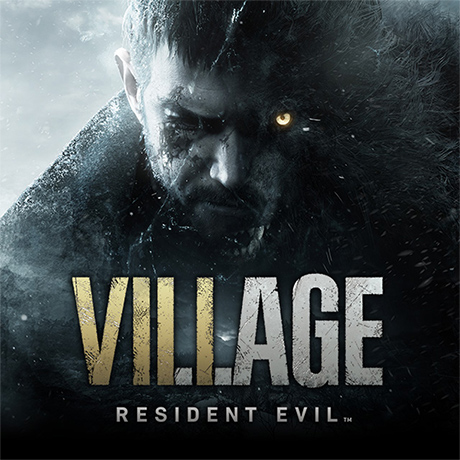
A direct sequel to the previous entry, Village continues to explore Ethan’s story after successfully rescuing his wife. They now have a little daughter, Rosemary. A cult leader named Miranda is plotting to use Rosemary as a vessel for another girl. Ethan now has to wander around an isolated village full of Lycans, vampires, murderous dolls, and mutants to save his daughter. Chris Redfield plays a significant role in the mission’s success.
While there are many other Resident Evil games, the mainline story at the moment takes a pause with Resident Evil Village. Most critics and players alike say that Resident Evil 4, with Leon Kennedy at the forefront of the action, is arguably the series’ most beloved installment. We are inclined to agree, but both Biohazard and Village have taken Resident Evil back to their “survival horror” root and gloriously put the action sequences a little behind. Including the Revelations spinoffs, all titles listed above are canonical to deliver an excessive dose of engaging horror story and enough danger to keep you playing for years.
Have you played any Resident Evil games? Do you have a favorite? We’d love to hear from you.
Other things you might want to know
What if I want to play the games as Capcom wants me to do it, in order of release date?
| Title | Original Release Date |
| Resident Evil | March 1996 |
| Resident Evil 2 | January 1998 |
| Resident Evil 3: Nemesis | September 1999 |
| Resident Evil: Code – Veronica | February 2000 |
| Resident Evil Zero | November 2002 |
| Resident Evil 4 | January 2005 |
| Resident Evil 5 | March 2009 |
| Resident Evil: Revelations | January 2012 |
| Resident Evil 6 | October 2012 |
| Resident Evil: Revelations 2 | February 2015 |
| Resident Evil 7: Biohazard | January 2017 |
| Resident Evil Village | May 2021 |
If there are remakes of the originals, should I play them instead?
The general advice would be to play both versions. Playing the remakes give improved gameplay and graphics, but there might be minor changes to the plot progression although the narrative itself remains the same. Play the originals first and get your hands on the remakes if available. As of 2023, Capcom has released four remakes:
| Remakes | Original Release Date |
| Resident Evil | March 2002 |
| Resident Evil 2 | January 2019 |
| Resident Evil 3 | April 2020 |
| Resident Evil 4 | March 2023 |
The remakes adhere to the originals in terms of storyline, but they also bring about new scenes and additional details to make everything feel fresh.
What is the best Resident Evil game?
Everybody has personal preferences, but the original Resident Evil 4 is almost universally accepted as the series’ greatest entry. The game represents a big leap in play style from cumbersome tank controls and locked camera angles to a third-person action survival horror adventure with a massive campaign. Even with the changes, Capcom can maintain an intense continuous dread by sending endless hordes of zombie monsters to Leon’s face throughout the gameplay. The combination of ammo scarcity, boss fights, cinematic set pieces, and a damsel-in-distress always in need of protection makes the game a memorable adventure even for seasoned players. In case you ever only play one title in the entire series, make sure it is Resident Evil 4. And then you have the remake, in which every little thing is better.
Check out other articles by month:



